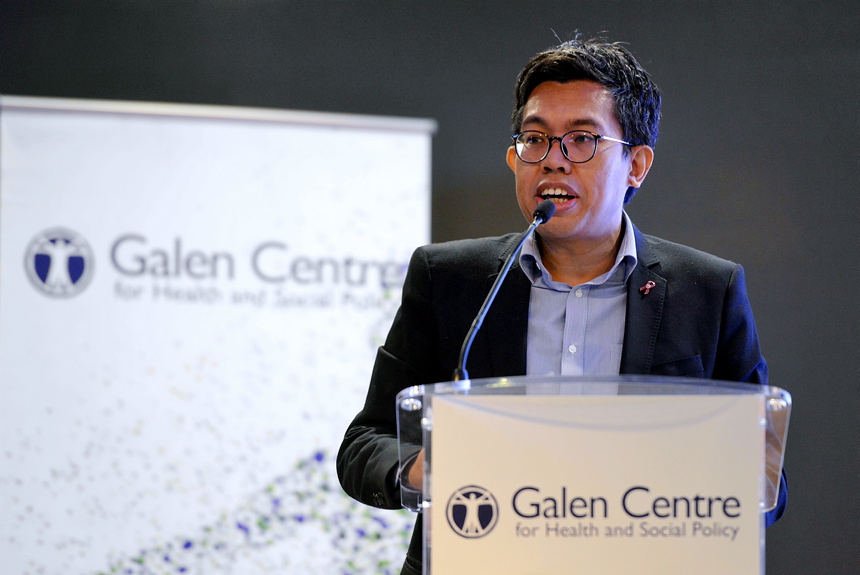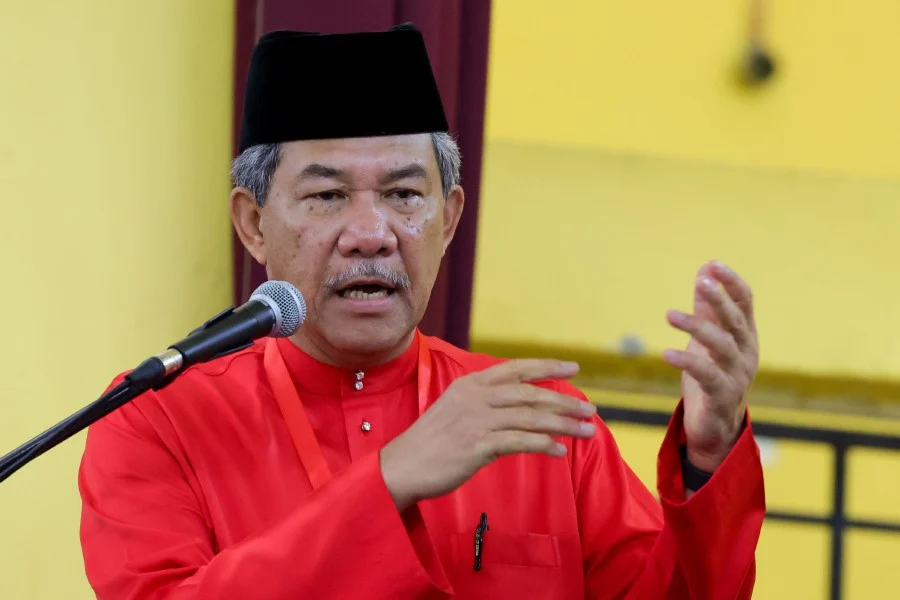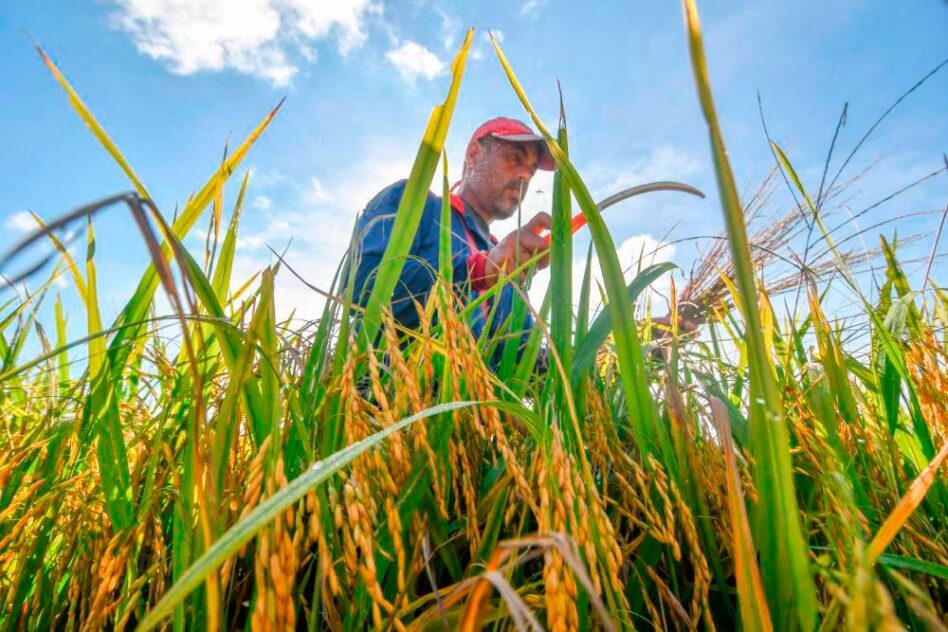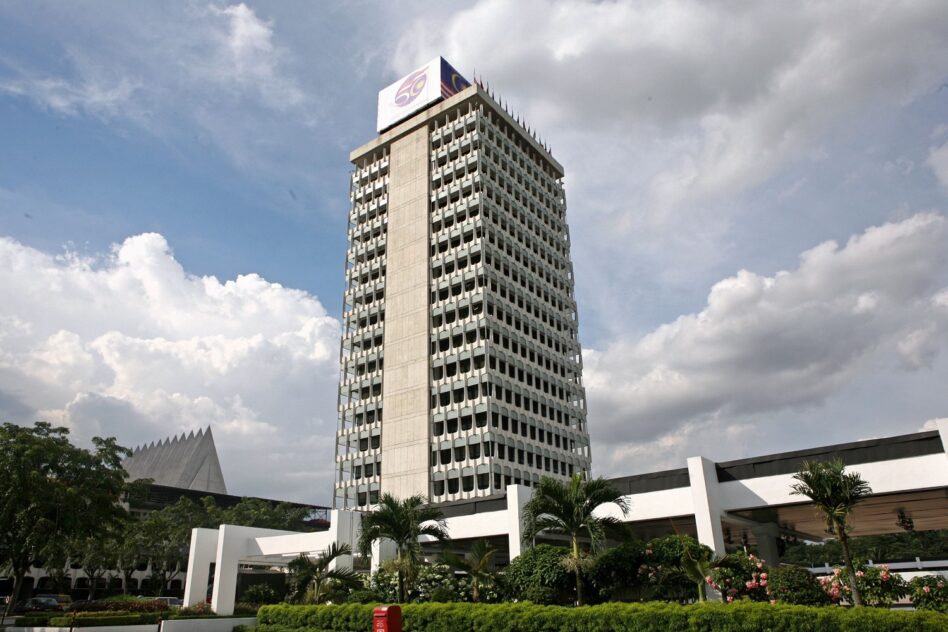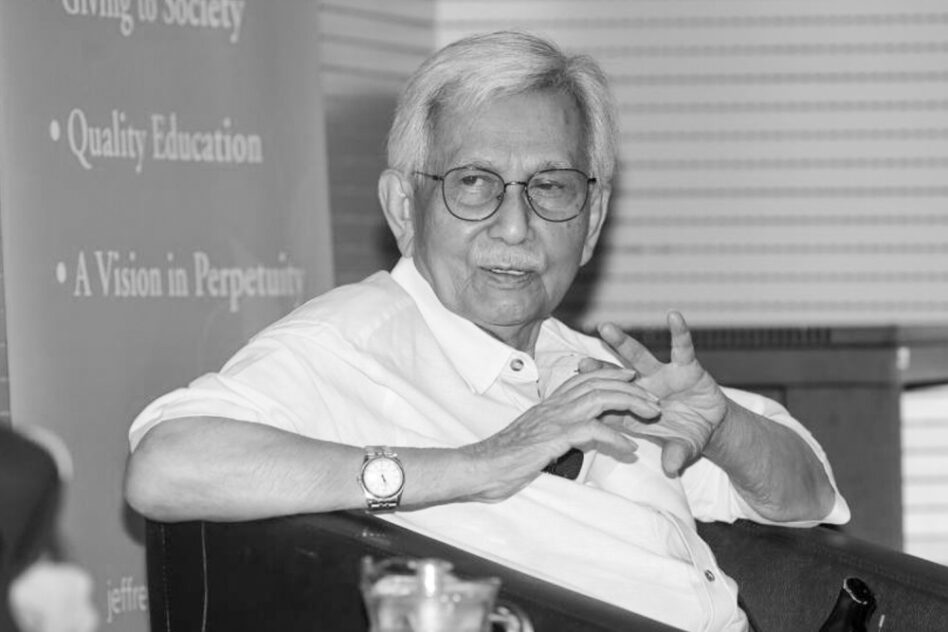GALEN Centre for Health & Social Policy chief executive Azrul Khalib has raised concerns regarding the proposed amendments to the citizenship provisions of the Federal Constitution. He asserted that these amendments, particularly the requirement to register foundlings within one year to obtain citizenship, pose significant risks to the nation’s health security.
Foundlings, infants abandoned by their parents and cared for by others, are at the center of this debate.
Khalib argued that rendering individuals stateless through these amendments will exacerbate existing vulnerabilities, especially in accessing healthcare.
Stateless individuals, he pointed out, are less likely to afford medical treatment, as they and their caregivers are often subjected to non-citizen fees at public hospitals, burdening them with potentially prohibitive costs.
“It is not likely that they would have health insurance. Any sickness or injury, however minor, could be costly and prohibitive. As a result, those who are stateless or caring for such individuals may be fearful of having to pay high hospital and treatment bills.
“Why would we want to deliberately classify hundreds or even thousands of newborns, infants and adolescents as being stateless, inflicting hardship on foundlings, both in the present and in the future?” he asked in a statement.
Moreover, Azrul noted the fear of persecution by authorities as a deterrent for stateless individuals or their caregivers from seeking timely healthcare, leading to delayed treatment and increased expenses when medical intervention becomes inevitable.
Azrul also underscored the potential rise in racism, discrimination, and xenophobia, which further hinder stateless individuals’ access to critical health services and information.
He emphasised that every instance of ill health could become a matter of life and death for stateless individuals, calling attention to the urgent need for compassion and humanitarianism in policymaking.
“The stateless face huge obstacles and barriers to accessing services that many of us take for granted. For stateless individuals, every instance of ill health could be a life-and-death situation.”
Furthermore, Khalib deemed it “regressive,” as it could deprive children of citizenship due to parental neglect, third-party negligence or sheer misfortune. He urged policymakers to consider decoupling the proposed amendments and voting on them separately, noting the importance of grounding decisions on compassion, dignity, and common sense.
“The Cabinet and MPs need to ground their decisions regarding this issue on compassion, dignity, common sense and humanitarianism.”
Prime Minister Datuk Seri Anwar Ibrahim’s announcement regarding the tabling of the proposed constitutional amendments in Parliament this month has further fuelled the debate.
The Malaysian Bar has criticised the amendments as a “10 steps backwards,” arguing that they fail to address the root causes of statelessness.
The Human Rights Commission of Malaysia (SUHAKAM) has called for a holistic approach to citizenship matters, urging extensive consultations with civil society organisations and experts in children’s rights and statelessness. – March 15, 2024


